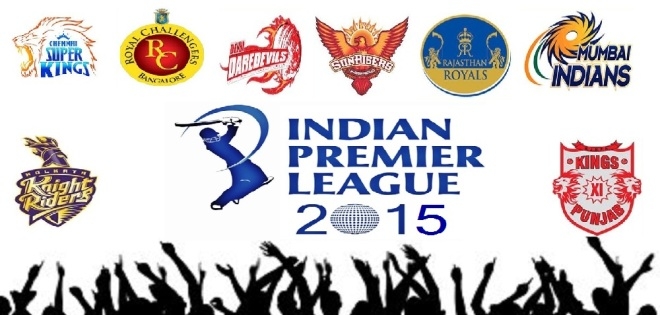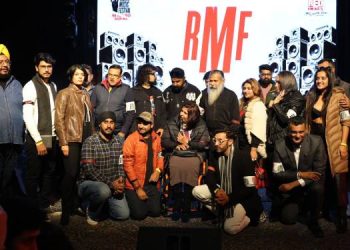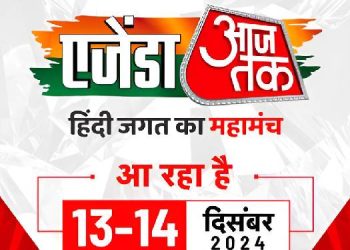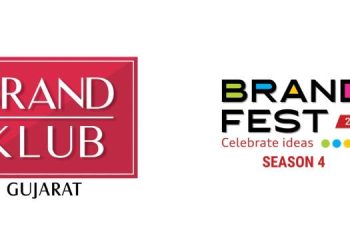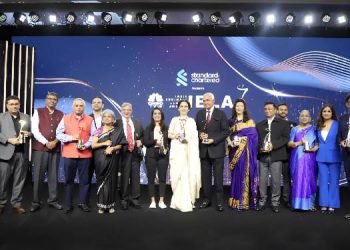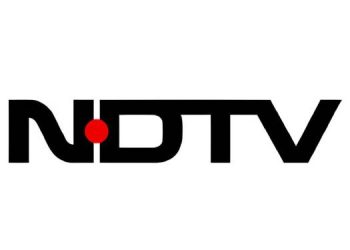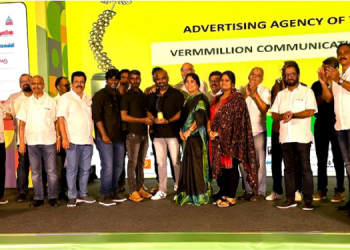
Mumbai : The Indian Premier League (IPL) has emerged as the choicest new brandbuilding opportunity can be gauged from the sheer stickiness that brands have displayed with the teams, and this year too most of the sponsors have decided to renew their contracts for at least the next two years. Together, the eight teams in the T20 league are estimated to mop up close to Rs 300 crore from kit deals — sponsorship on shirts, trousers and caps of players — with existing as well as some new sponsors this season.
Media planners and industry sources say sponsorship rates have risen 10-15% over last year, when the eight teams put together made just over Rs 250 crore from sponsorship. “A lot of companies today want to invest in sports. Those who were already there felt the tournament has given them a good bang for their buck,” says Mohit Burman, co-owner of Kings XI Punjab.
Among the newcomers to the IPL party this year is Chinese mobile handset maker Gionee, which will be seen on the front of the shirt of Kolkata Knight Riders’ players, replacing longstanding sponsor Nokia. The brand believed to have paid between Rs 15 crore and Rs 18 crore a year for the three-year deal. Another brand that has come in this year is Japanese air conditioner maker Daikin, which has signed up with Delhi Daredevils for an estimated Rs 10-11 crore.
Among those who have renewed, Aircel’s deal with Chennai Super Kings is the most expensive at Rs 22 crore a year. For Mumbai Indians, Videocon d2h has renewed sponsorship at Rs 15-16 crore a year. Huawei has renewed with Royal Challengers Bangalore for Rs 10-12 crore, while Ultratech logo will again be seen on Rajasthan Royals shirts at Rs 9 crore.
“Even the ground sponsors for teams look closely at ratings and reach of the tournament. These aspects have done well in recent years and that is what they see value in,” says Rohit Gupta, president of Multi Screen Media, official IPL broadcaster.
The cumulative reach of the IPL has risen from about 100 million in its first edition in 2008 to 191.4 million in 2014.
Last year, rating for the tournament grew to 3.6 from 3.2 in 2013 despite a part of the tournament being played in the UAE and stiff competition from Lok Sabha election. “In early years of the tournament, rating was over 4 but it has now stabilised which is attractive for sponsors,” says Gupta.
Rajasthan Royals has added a new sponsor in Kalasalingam University from Chennai, which is advertising for the first time in the IPL. “They see this as the right platform for visibility within other states of India,” says team Chief Executive Raghu Iyer.
Venky Mysore, the chief executive of Shah Rukh Khan-owned Kolkata Knight Riders, says they have seen a 15% increase in pricing. “Brands evaluate the value they see and the fan base, which for KKR has grown hugely, which is why we can command a premium,” says Mysore.
One of the most high talked about franchisees, Royal Challengers, has seen a churn in the last few years. While initially most of its sponsors were in-house brands of the UB Group — Royal Challenge, Whyte & Mackay, McDowell’s No. 1, White Mischief — over the last few years they have been replaced by outside brands. Huawei India, Tata Motors Bolt, Britannia and Kingfisher Beer have renewed their deals.
While the world cup viewership didn’t exactly set record, IPL, experts feel, will be a different ball game. “Fatigue levels for prime time cricket viewing is not there because the World Cup was not prime time,” says Vinit Karnik, national director, sports and live events at GroupM ESP. “What is also helping is the realistic pricing despite a slight increase in pricing this time.” IPL teams can be put into two buckets. The three top teams — Chennai Super Kings, Mumbai Indians and Kolkata Knight Riders — are in a different league when it comes to pricing of their kit deals.

